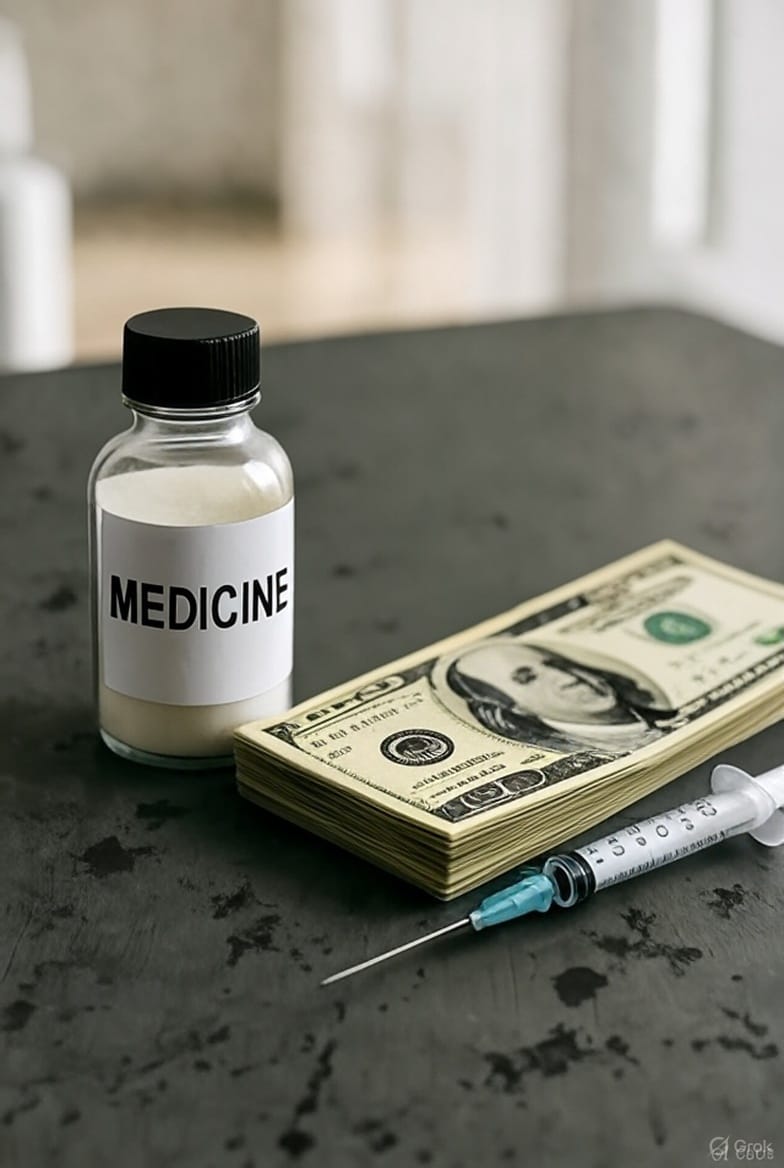- Shortlysts
- Posts
- Trump Targets Europe Over Drug Prices in New Trade Investigation
Trump Targets Europe Over Drug Prices in New Trade Investigation
Trump launches trade investigation into Europe’s drug pricing practices, aiming to shift the cost burden off American patients and back onto foreign buyers.

What Happened
President Trump has ordered a formal investigation into European trade partners for what he calls unfair pricing practices on American-made medicines. The probe will be conducted under Section 301 of the Trade Act of 1974, the same authority often used in past trade disputes with China.
At the center of Trump’s complaint is a long-standing imbalance in global drug pricing. While American consumers pay the highest prices for prescription medications in the world, many European countries impose strict price controls that allow them to purchase U.S.-developed drugs at far lower rates. Trump argues that these pricing systems force the American public to carry the financial weight of global pharmaceutical innovation.
In his announcement, Trump said foreign governments have been taking advantage of U.S. drug companies while contributing little to the cost of development and testing. He framed the issue not only as a matter of trade fairness but also as a pocketbook issue for American families struggling to afford life-saving medications.
The investigation will examine whether countries with nationalized healthcare systems are in effect exploiting U.S. innovation by forcing low reimbursement prices on American drugmakers.
Why It Matters
For decades, U.S. pharmaceutical companies have accepted low margins abroad in exchange for market access. They have recovered the bulk of their research and development costs from domestic sales. While that model has fueled innovation, it has also created strong resentment over rising drug prices in the United States.
Trump doesn’t seem too keen on that trade-off. By opening a Section 301 investigation, he is threatening to apply trade penalties to countries that pay below-market prices for American drugs. That is likely to provoke pushback from European allies, who argue that pricing policy is a domestic health matter, not something to be dictated through trade enforcement.
If the administration follows through with tariffs or other penalties, drug companies might be forced to choose between absorbing financial losses or exiting certain markets. In response, U.S. allies may fire back with their own retaliatory measures or reconsider long-standing pharmaceutical partnerships.
If drug pricing can be used as grounds for trade enforcement, other sectors may follow. Intellectual property, digital services, and environmental standards could all become battlegrounds for similar disputes.
How It Affects You
For American patients, especially those dealing with high prescription costs, this investigation could heavily alter future pricing. The administration’s argument is that by pressuring foreign governments to pay more, U.S. drugmakers could reduce domestic prices. That outcome is far from guaranteed, but the logic is simple. Fewer subsidies abroad might mean less need to overcharge at home.
For those working in healthcare, pharmaceuticals, or international trade, prepare for complications. Companies may need to defend their pricing strategies not only in public relations but in legal and trade negotiations. Foreign governments may tighten their own rules or become less willing to do business with U.S. firms if tensions escalate.
For policymakers and voters, this is a reminder that economic leverage is no longer limited to cars, steel, or electronics. The cost of medicine is now part of the trade agenda and subsequent battles.
For years, questions about who pays for American pharmaceutical research were buried in policy reports and backroom deals. That is no longer the case. With this investigation, the administration is making drug costs a public trade issue.